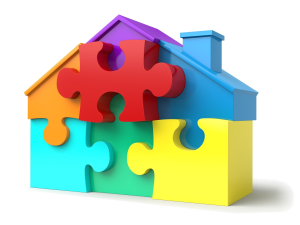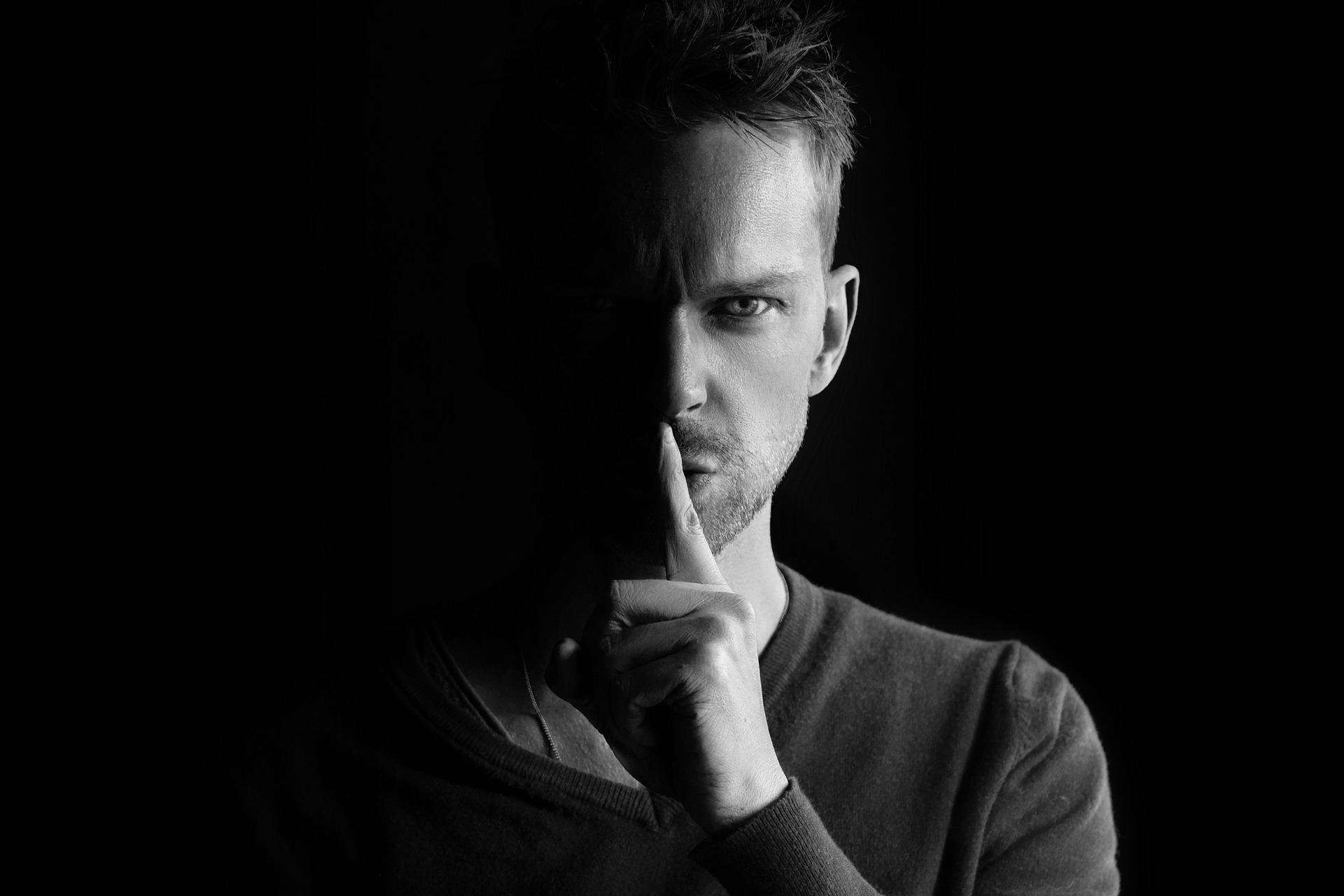Contents
Why Couples Don’t Talk…
You both may have given up talking to one another. You may have wondered why you cannot have a good conversation any longer. You may not have realised that you’ve stopped talking for very good reasons.
Why do gay couples stop talking to each another? Why is it hard for a gay couple to talk about their relationship? Why doesn’t my boyfriend talk with me anymore? What stops gay couples talking over their problems?
Maybe… when you tried to talk about things going wrong in your relationship, the conversation raised arguments that neither of you could diffuse. Maybe you tried to talk about:
- An affair that happened years ago.
- He might have said something that made you think: “…do I know him at all?”
- You learned she has an emotional wound that you both just shouldn’t be talking about.
- Recurrent behaviour that irritates you (both? ), but because you cannot talk about it and resolve it, you both avoid the matter, and not talking became a habit that pervaded other parts of your partnership.
Counselling: a Safer Place to Talk
So, couples don’t talk… for very good reasons,
Why couple counselling can help: when entering into counselling, we can begin to create a safer place where important conversations might begin to take place. This place might be in the counselling session; it may involve both of you finding a neutral place away from the sessions.
Wherever that neutral space turns out to be, it will be a location where the issues we could not discuss previously can now take place.
Sure, we may need to create some rules that help you maintain safety and containment together. We will discuss what you both hope for in being able to talk. The couple counsellor can monitor both partners during their talking, and he intervenes when it all seems to be going a bit wrong. The couple can learn how to check in with each other while their conversations take place, so that they can monitor safety and change tactics when they’re away from a counselling session.
Whatever therapeutic framework we create together, it will be one that’s unique to your distinct relationship needs.
We’ll aim to make things work for both of you, enabling you to talk with each other again.
10 Reasons Couples Stop Talking
Talking to one another—and I mean really talking—is such a powerful tool, but it’s one that can be easily broken. We talk easily when we first meet, and as our relationship develops while things are going well. However, when talking seems to cause problems (note: it’s not actually talking that’s a problem, but the couple doesn’t realise this yet), stopping talking becomes the easiest way to prevent problems from escalating further.
Communication is a powerful tool, but it can be the first tool to atrophy when we really need to connect with loved ones.
Here are ten reasons we stop talking together.
- Lack of Emotional Intimacy, Unresolved disputes, unmet needs, or a belief that one or both of them is taking the other for granted can all contribute to a couple becoming emotionally distant and withdrawing from communicating to each other.
- Unspoken Judgements. When a couple makes unspoken assumptions about each other’s behaviour, roles, or future intentions, it can lead to misunderstandings and resentment, and unsaid expectations can build tension and make it difficult to communicate about such judgements.
- Fear of Fights. A couple may avoid talking to each other out of fear of starting a fight; they may be concerned about their partner’s reaction, or they may fear that discussing a tough topic would lead to another dispute, of physical harm, or possibly of the complete collapse of the partnership.
- Unresolved Conflicts. When issues between the couple are not addressed or resolved, they can fester and form a communication barrier; resentment, hurt, and anger can accumulate over time, making it difficult to participate in open and honest conversations.
- Lack of Quality Time. We all have busy lives, and a couple may prefer other responsibilities over spending quality time with each other, which can lead to partners becoming disinterested in one another’s distinct lives and interests.
- Different Communication Styles. As an example: when one partner prefers direct communication and the other prefers indirect or subtle communication, they may be unable to appreciate the other’s style, leading to misunderstandings and frustration. The solution, they believe, is to force the other to use their style, but this creates tension and stops further conversations.
- Technology Dependence. Texting or social media can be a useful way for some couples to communicate, but without attention, it can also reduce face-to-face talking, diminishing opportunities for meaningful talks in their partner’s presence.
- External Stressors. Financial difficulties, work stress, family issues, and other stressors can affect a couple’s relationship, making it difficult to talk to each other—or just not knowing how to bring up external stressors for discussion.
- Unrealistic Expectations. When unrealistic expectations about relationships and partners are not satisfied, a partner may feel let down and retreat from communication, which can induce a similar reaction in their partner, and they both spiral into not talking any longer.
- Underlying Issues. Depression, anxiety, substance addiction, or infidelity can all have an affect on a couple’s capacity to communicate with one another, and these challenges can call for professional intervention to assist the couple address the core reasons, allowing them to improve their communication with each other.
Helping you Tell your Story (once again)
It can help to think of couples counselling as “telling their story together.”
Here’s an example.
A couple comes into counselling carrying an open box. Inside the box are many jigsaw pieces, all mixed up. The pieces, together, represent how the relationship is supposed to “look” to the couple. The couple assumes that all the pieces that should be there are there, and they begin to build the jigsaw together to make the picture. As they do, the following happens…

- One partner pulls out a piece, saying, “a blue piece—this obviously means it’s a piece of the ‘sky’!” and attempts to match their jigsaw piece to others that may also be sky.
- The other partner looks at the piece, saying, “but a blue piece is not ‘sky’; blue is ‘sea’!” They take the piece away from their partner and tries to fit the piece with other pieces that might also be “sea”.
A struggle ensues between the partners. Some pieces are fitting together and others are not; the couple is fighting over whether “blue” means “sky” or “sea” and, therefore, what the overall “picture” is meant to look like.
But there’s a bigger problem with this approach than just the argument…
What Nobody has Noticed
… is that no-one brought the jigsaw box lid with them!
The couple don’t know what their relationship “picture” is supposed to look like.
This is a BIG problem for the couple!
Each partner in the relationship has an individual assumption about what each jigsaw piece is meant to be. Without the picture, though, they are not able to refer to a common image. They aren’t talking or bargaining with each other to figure out what each part of their relationship could mean. They are both forcing the other into accepting their individual meanings.
If this jigsaw puzzle story were analogous to a gay couple’s relationship, what does counselling contribute to helping the couple rebuild (or build for the very first time) the picture of how their relationship is going to look?
Learning your Partner’s Story
During counselling sessions, the counsellor’s role will include facilitating the gay couple into discussing, negotiating, and agreeing / empathising / compromising upon what each “jigsaw piece might mean”.
In the above example, blue could mean “sky” (according to one partner) or “sea” (according to the other). But what does “blue” mean to the couple’s relationship?
We’re assisting the couple in learning new information (remember the top of this page: new information → inspiration, negotiation, compromise). With new information, we may discover new ways for each component of the relationship to fit together. We might learn different attributions for parts of the relationship. We might learn what the relationship picture is supposed to be.
We’re supporting each partner with hypothesising: “if a blue piece could be more than sky or sea, what else could it be?” to empower the couple with newer (piece-fitting…) options to help build their newer relationship picture.
The couple (at their own pace) becomes empowered to make their own hypotheses about (and with) each other. As this ebbs and glows, the counsellor steps back and forward, holding the concept of the couple’s relationship in mind. The couple are discovering new information and are making new, informed choices sufficiently for the pieces of their relationship to fit together, better than before, and a clearer picture is developing in front of them.
Helpful Tips from Counselling
In this blog post, we’ve discussed reasons why a couple is no longer talking—it has become easier to not talk.
To begin trying to undo current behaviours and trying to begin talking again, these tips may help:-
1) Individually make a list of things to talk about. Compare the lists.
2) When making a request of your partner, things you say should be in one-sentence-at-a-time form. Try not to speak in whole paragraphs (or whole chapters!) or the risk is that your partner will lose the main point of your request.
3) Meet in a neutral place (such as away from home). Choose a safe place (a coffee house may feel neutral, but can you have a valuable conversation there?)
4) Be honest.
5) Listen! Listening is a different behaviour to: waiting to deliver your retort.
6) When replying, address your partner’s point first (rather than firing back a: “well you were even worse than me in this example, I’m now going to regail to you..!!”)
7) Speak in “Post-it!” note length. If you’re telling your partner something important, if, when written down, it’s more than a post-it note can hold, then your partner won’t hold it in their memory either.
8) If unsure of how to respond, ask your partner for help.
9) Responding with a solution may be less helpful than responding with empathy (“I understand, truely”)
10) Apply Circularity: what do you think your partner is thinking; check it out with them rather than acting on your assumption.
I hope this blog post helps xx










0 Comments